Save your work.
If for this type you want component yield effect in rollup then check this box.
Once Cost Type is defined let’s Move forward to Defining and configuring Inventory Organization
1. Input is your custom table name. Execute these 4 queries
2. Spool the records
3. Execute the spooled records in apps
4. Commit;
select ‘EXEC ‘||’AD_DD.REGISTER_TABLE(”XXCUST”, ”’||TABLE_NAME||”’,”T”,8,10,90);’ from all_tables
where table_name = :TABLE_NAME
/
select ‘EXEC ‘||’AD_DD.REGISTER_COLUMN(”XXCUST”, ”’||TABLE_NAME||”’,”’||COLUMN_NAME||”’,’||COLUMN_ID||’,”’||DATA_TYPE||”’,’||DATA_LENGTH||’,”’||NULLABLE||”’,”N”);’ from all_tab_columns
where table_name = :TABLE_NAME
ORDER BY COLUMN_ID
/
select ‘EXEC ‘||’AD_DD.REGISTER_PRIMARY_KEY(”XXCUST”,”’||INDEX_NAME||”’,”’||TABLE_NAME||”’,”’||ITYP_NAME||”’,”S”,”Y”,”Y”);’
FROM ALL_INDEXES
WHERE table_name = :TABLE_NAME
and uniqueness = ‘UNIQUE’
/
select ‘EXEC ‘||’AD_DD.REGISTER_PRIMARY_KEY_COLUMN(”XXCUST”,”’||A.INDEX_NAME||”’,”’||A.TABLE_NAME||”’,”’||A.COLUMN_NAME||”’,’||A.COLUMN_POSITION||’);’
FROM ALL_IND_COLUMNS A, ALL_INDEXES B
WHERE A.TABLE_NAME = :TABLE_NAME
AND A.INDEX_NAME = B.INDEX_NAME
AND B.UNIQUENESS = ‘UNIQUE’
/
To delete the registered Tables, columns
select ‘EXEC ‘||’AD_DD.DELETE_TABLE(”XXCUST”, ”’||TABLE_NAME);’ from all_tables
where table_name = :TABLE_NAME
/
select ‘EXEC ‘||’AD_DD.REGISTER_COLUMN(”XXCUST”, ”’||TABLE_NAME||”’,”’||COLUMN_NAME);’ from all_tab_columns
where table_name = :TABLE_NAME
ORDER BY COLUMN_ID
/
Latest Posts
- R12 – How to Handle NULL for :$FLEX$.VALUE_SET_NAME In Oracle ERPAugust 25, 2023 - 1:20 pm
- R12 – How to Delete Oracle AR TransactionsMarch 22, 2019 - 8:37 pm
- How to Define Custom Key Flexfield (KFF) in R12January 19, 2018 - 5:43 pm
- AutoLock Box Concepts In R12November 10, 2017 - 8:30 am
- R12 – java.sql.SQLException: Invalid column type in OAFSeptember 15, 2017 - 9:39 am

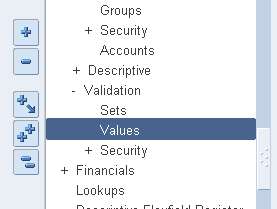

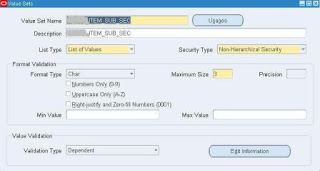
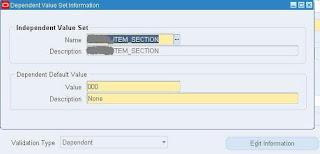

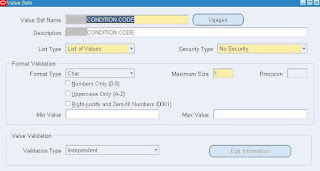




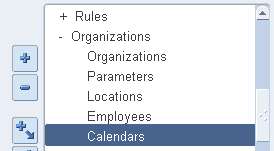




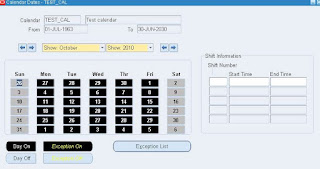
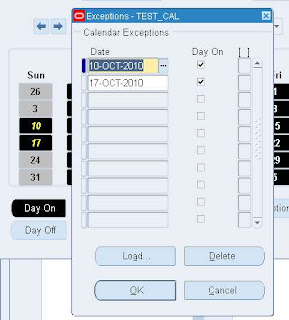


Recent Comments